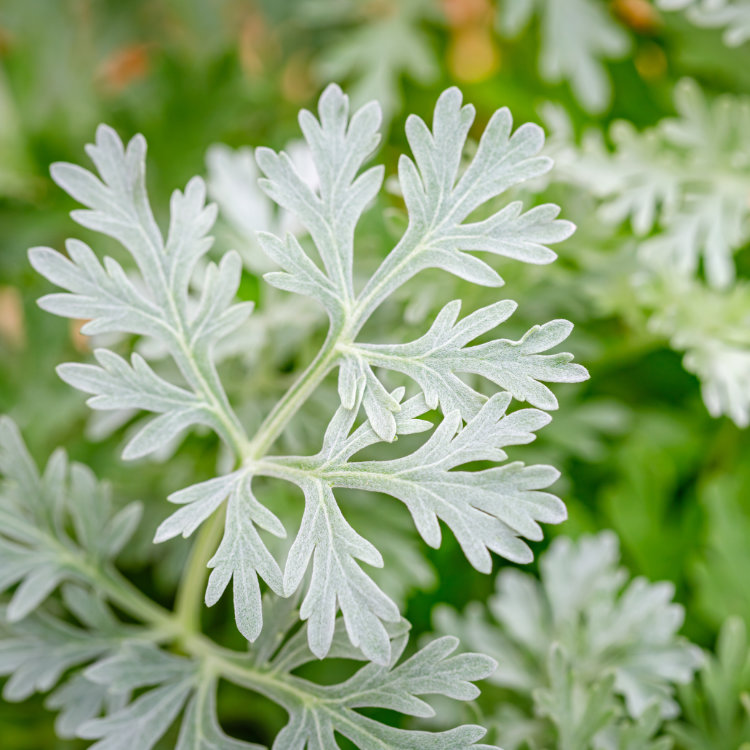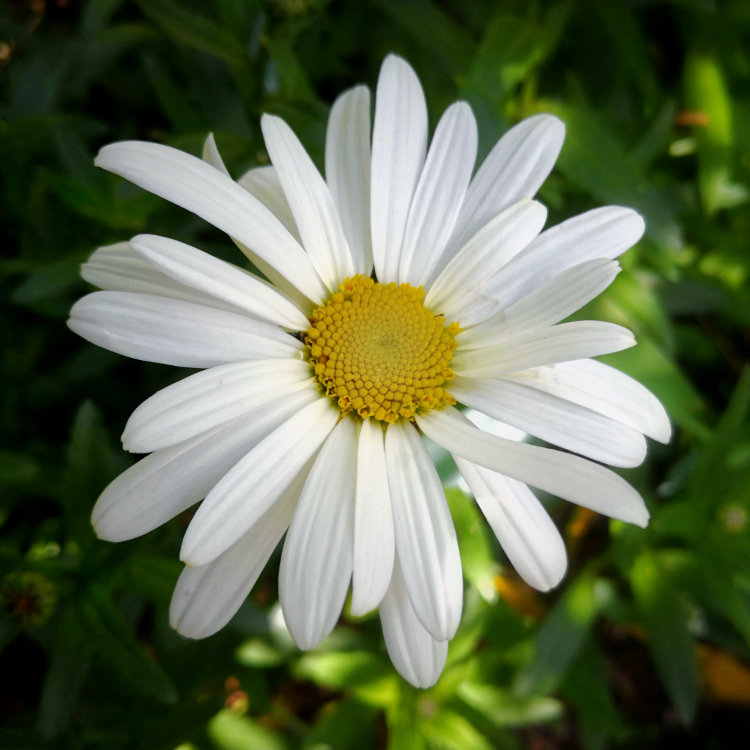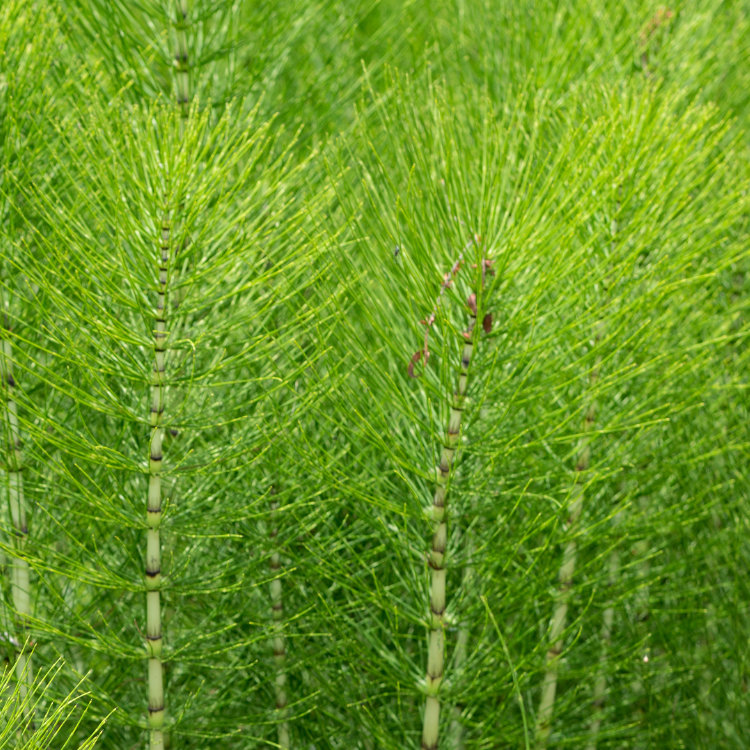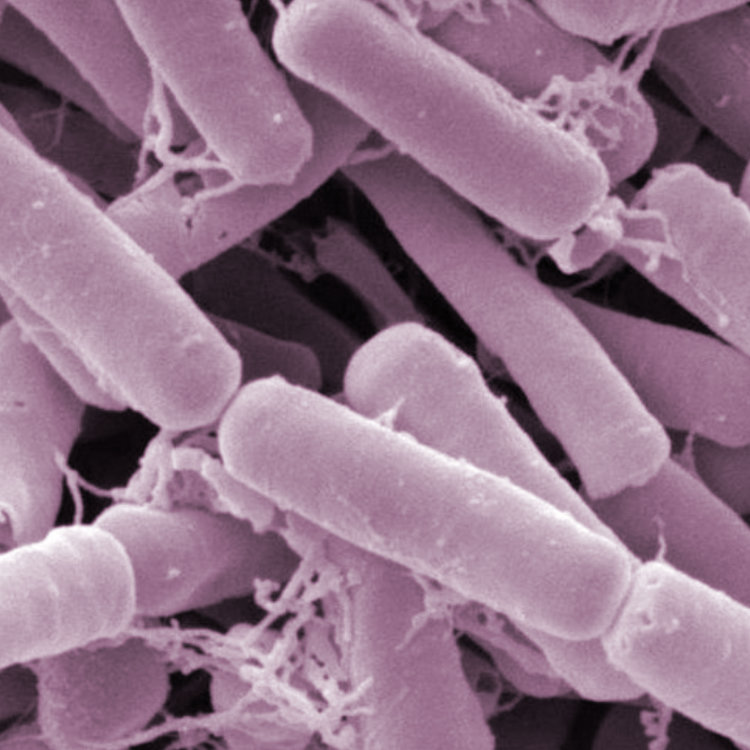Info
Absinthe (Artemisia absinthium) also known as wormwood, is a herbaceous perennial plant with a very strong smell. It allows the manufacture of an insect natural repellent an insecticide, effective against garden pests.
Absinthe is most famous for the liquor that is produced from it. This plant contains over 40% of thujone, a substance that can cause convulsions and even hallucinations. Wormwood oil, in its raw form, is a poison.
Good for:
As bio-pesticide for: aphids, flea beetles, cabbage fly (pierid), carrot fly, bean fly, codling moth, ants, and mites.
Absinthe is also a medicinal plant full of virtues. It is been used for thousands of years as an expectorant, antiseptic, anti-inflammatory, vermifuge, stomachic, aphrodisiac, and emmenagogue. Special care needed for therapeutic use.
Supplies Needed
A handful of fresh or dried plant
Unchlorinated water or rainwater
Note: The best time to harvest absinthe is from May till October.
Preparation
Soak the plants (leaves and flowers) for 24 hours. After this time, bring the mixture to a pot, heat over low heat until boiling and left to boil for 20 minutes.
Once the fire has been extinguished, cover and let it cool. Filter and store it.
The decoction can be applied undiluted.
General Use
Spray plants when the presence of pests is visible. (repeat frequently as needed).
Apply absinth decoction in dry weather and when it’s not too hot. The best period is early in the morning.
Absinthe can be planted in your garden for prevention purposes. However, bear in mind that it shouldn’t be planted in the middle of your crop beds, since it has an allelopathic effect, that is to say, that it prevents, through its root network, other plants from growing.
You can also pick the leaves and distribute them in your garden; repeated regularly to maintain the effect.
Special Care
Since it’s a 100% natural product, no special care is needed.
It can be stored for a small period of time, however, the best practice is to make absinthe decoction as needed.
You may also like to know more about





